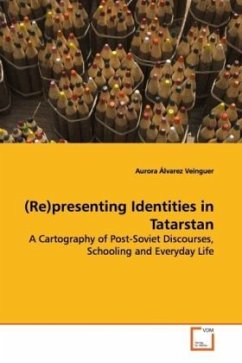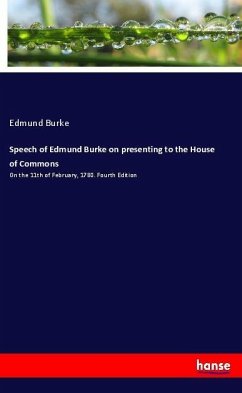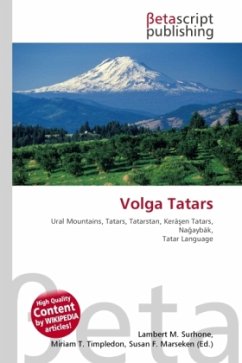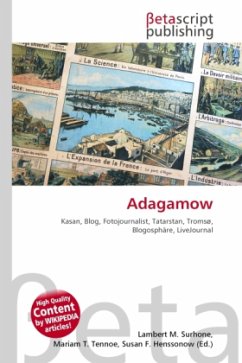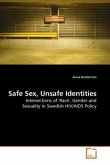The aim of this thesis is to encourage the
multidimensional approach in the study of social
identities. Identisation is presented as an
amalgamation of factors, forces and interests that
should not be analysed in isolation or reduced to a
mono-causal approach. These theoretical claims are
based on an in-depth and long term empirical
exploration of the processes of identisation in the
specific institutional context of Tatar and non-Tatar
gymnásias (secondary schools) in the Republic of
Tatarstan, part of the Russian Federation. Data
generation consisted of semi-structured and
unstructured interviewing and long- term participant
observation in Kazan (the capital of Tatarstan).
Analysis of the data shows that a complex dialectic
emerges between political discourse, institutional
praxis and quotidian representations, a dialectic and
interrelation that often has been ignored in the
study of identities. In Tatarstan it is a dialectic
between processes of Russification, Sovietisation and
Tatarisation which show the need to devote special
attention to the historical background in order to be
able to analyse the current dynamics and
representations.
multidimensional approach in the study of social
identities. Identisation is presented as an
amalgamation of factors, forces and interests that
should not be analysed in isolation or reduced to a
mono-causal approach. These theoretical claims are
based on an in-depth and long term empirical
exploration of the processes of identisation in the
specific institutional context of Tatar and non-Tatar
gymnásias (secondary schools) in the Republic of
Tatarstan, part of the Russian Federation. Data
generation consisted of semi-structured and
unstructured interviewing and long- term participant
observation in Kazan (the capital of Tatarstan).
Analysis of the data shows that a complex dialectic
emerges between political discourse, institutional
praxis and quotidian representations, a dialectic and
interrelation that often has been ignored in the
study of identities. In Tatarstan it is a dialectic
between processes of Russification, Sovietisation and
Tatarisation which show the need to devote special
attention to the historical background in order to be
able to analyse the current dynamics and
representations.

